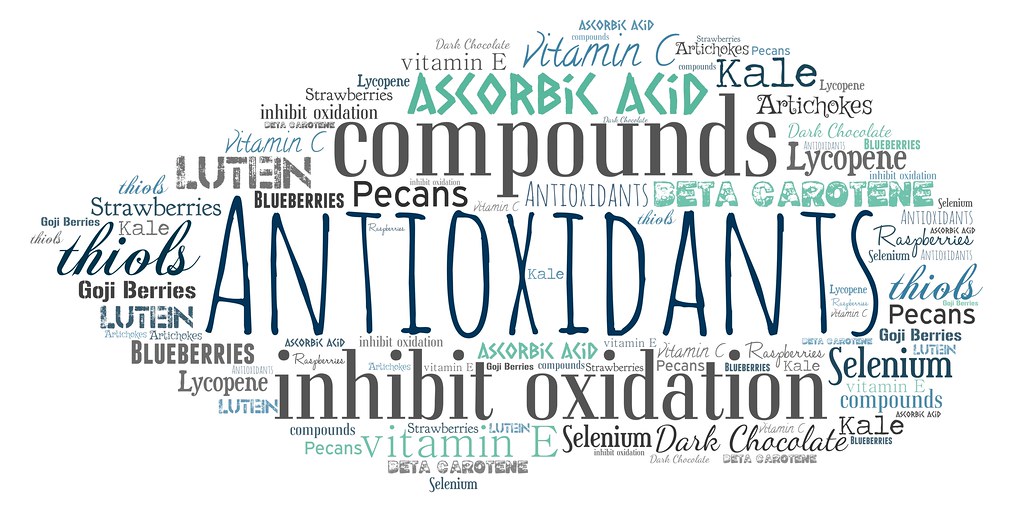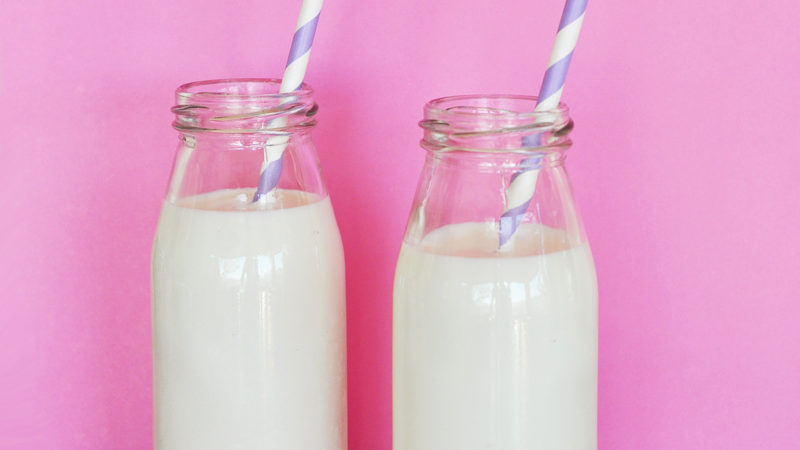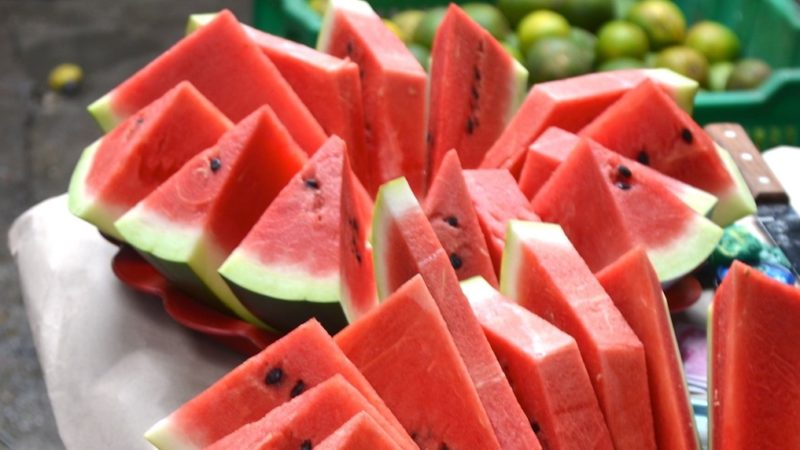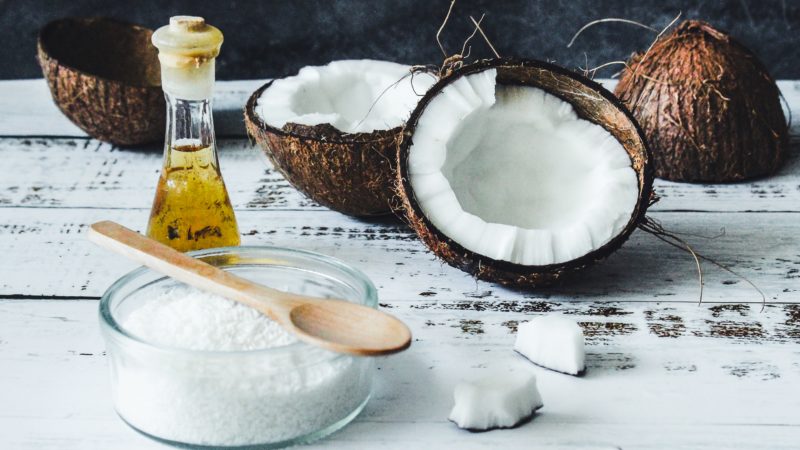Antioxidants: Food Sources, Types and the Health Benefits of Antioxidants

An antioxidant is a very commonly used and very often used term. However, only a few people what they are. Let’s learn about Antioxidants in detail
What are antioxidants?
Antioxidants are basically molecules that help the body to fight free radicals. Free radicals are harmful compounds if they increase in the body can cause severe illnesses like heart diseases, diabetes, and cancer. Our body has its own antioxidant defenses that keep these harmful radicals in control.
Antioxidants can be found in food like vegetables and fruits and many plants based food items. Several other Vitamins like Vitamins like C, E are also an effective source of antioxidants. Antioxidants play a major role in the production of food as it increases the shelf life of food.

Types of Antioxidants:-
There are hundreds and thousands of substances that possibly act as an antioxidant. Each substance has its role to play and interacts with other substances to help the bodywork effectively.
An antioxidant is the substance name, but It defines what range of activities can a substance do.
Some antioxidants that are derived from outside the body are:
- vitamin C
- vitamin E
- vitamin A
- lycopene
- zeaxanthin
- beta-carotene
- lutein
- manganese
- Flavonoids
- Catechins
- Phytoestrogens
- Flavones
- Polyphenols
These are all different types of phytonutrients and antioxidants, and these are found in food items sourced from plants. Every antioxidant has a different function and cannot be changed with other antioxidants. It is important to have all these different sources of antioxidants in your diet.
Benefits of Antioxidants / what do antioxidants do?
Antioxidants help in protecting against cell damage that is caused by free radicals, also known as oxidative stress.
Reasons and processes which cause oxidative stress are:
- mitochondrial activity
- tissue trauma caused due to injury and inflammation
- selenium
- consumption of certain foods, like refined and processed foods, artificial sweeteners, trans fats, and certain dyes and additives
- smoking
- ischemia and reperfusion damage
- excessive exercise
- radiation
- environmental pollution
- industrial solvents
- exposure to chemicals, like pesticides and drugs, chemotherapy
- ozone
Such exposures and activities cause cell damage.
These can further cause long term damage like:
- an excessive release of copper ions or free irons
- activation of phagocytes, which is made of white blood cell and help in fighting infection
- enzymes that generate free radicals increase too much
- a disruption in chains of electron transport
All these activities can cause oxidative stress. This oxidative stress damage can also cause cancer, vision loss, and atherosclerosis. It is believed that free radicals can modify cells, which can cause other conditions. Taking antioxidants is said to limit the risk of these diseases.
According to one study: “Antioxidants act as a radical scavenger, hydrogen donor, electron donor, peroxide decomposer, singlet oxygen quencher, an enzyme inhibitor, synergist, and metal-chelating agents.”
Antioxidant Food Sources:-
Antioxidants are important for the survival of all living things.

Our body creates its own antioxidants, like the cellular antioxidant glutathione.
Therefore, antioxidants can be found in all plant and animal origin.
Adequate intake of antioxidants is important as, and your life depends on the intake of various antioxidants — namely, vitamins E and C.
There are other non-essential antioxidants that can be found in food items while these are unnecessary for your body but play an important role in general health.
Berries, coffee, green tea, and dark chocolate are some well known and excellent sources of antioxidants.
coffee is known as the only biggest source of antioxidants in the daily diet of Western people because the average western individual doesn’t eat a lot of antioxidant-rich foods
fish and Meat products also contain antioxidants, but the extent is lesser than those of fruits and vegetables
Antioxidants help in increasing the shelf life of both processed foods and natural food products. This is the reason they are used as common food additives. For example, vitamin C is added to processed foods as a preservative to increase shelf life.
Some common antioxidant food source are:-

- eggplants
- green and black teas
- dark chocolate
- legumes such as black beans or kidney beans
- pomegranates
- red grapes
- goji berries
- blueberries
- broccoli
- apples
- spinach
- lentils
How much amount of antioxidant supplements is good?
You should never pick antioxidant supplements over natural antioxidant sources; however, If you are planning on taking the supplements that make sure to ask the doctor about the dosage and daily requirement of antioxidants in your body.
If you take too much high dose supplements, you will end up damaging the body.

Some of the side effects of taking too many antioxidants are:
- poor exercise performance- taking too many supplements and especially of Vitamin E and C, can reduce the benefits of exercise on the body.
- Increased risk of cancer- supplements like beta carotene doesn’t reduce the cancer risk. Many antioxidant supplements can even interfere with cancer treatments.
- Results in birth defects- Vitamin A increases the risk of birth defects if consumed in high dosage.




